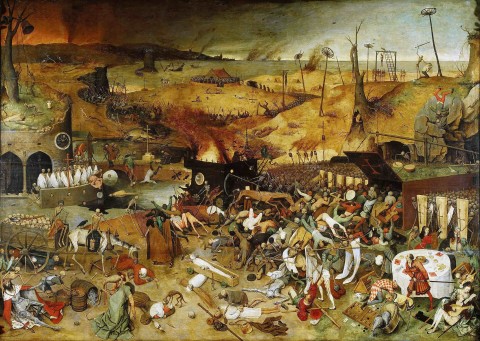From our friends at the Fordham Sociology & Anthropology Department:
What is the relationship between women, the body, and primitive accumulation?
Recounting the history of colonialism and enclosure, Marx argued that primitive accumulation was “written in the annals of mankind in letters of blood and fire.” Nevertheless, he perceived the process to be but a prelude to capitalist development. Drawing on her history as an activist in New York’s Wages for Housework movement as well as her organizing experiences in Nigeria and elsewhere, Silvia Federici demonstrates that primitive accumulation is in fact an enduring feature of capitalist exploitation, which disproportionately affects women and people of color.
Silvia Federici is an Italian American scholar, teacher, and activist from the radical autonomist feminist Marxist tradition A professor emerita and Teaching Fellow at Hofstra University, she also worked as a teacher in Nigeria for many years. Federici is the co-founder of the Committee for Academic Freedom in Africa, and is a member of the Midnight Notes Collective. Her publications include Caliban and the Witch: Women, The Body & Primitive Accumulation (2004) and Revolution at Point Zero: Housework, Reproduction, and Feminist Struggle (2012).
Women, the Body, and Primitive Accumulation Today: A Discussion with Silvia Federici
Monday, November 23, 5:30 PM
The Butler Common (3rd Floor, Duane Library)
Fordham University, Rose Hill Campus
(441 East Fordham Road)
Sponsored by The Fordham Department of Sociology and Anthropology
Co-sponsored by The Fordham American Studies Program and the Fordham Women’s Studies Program

